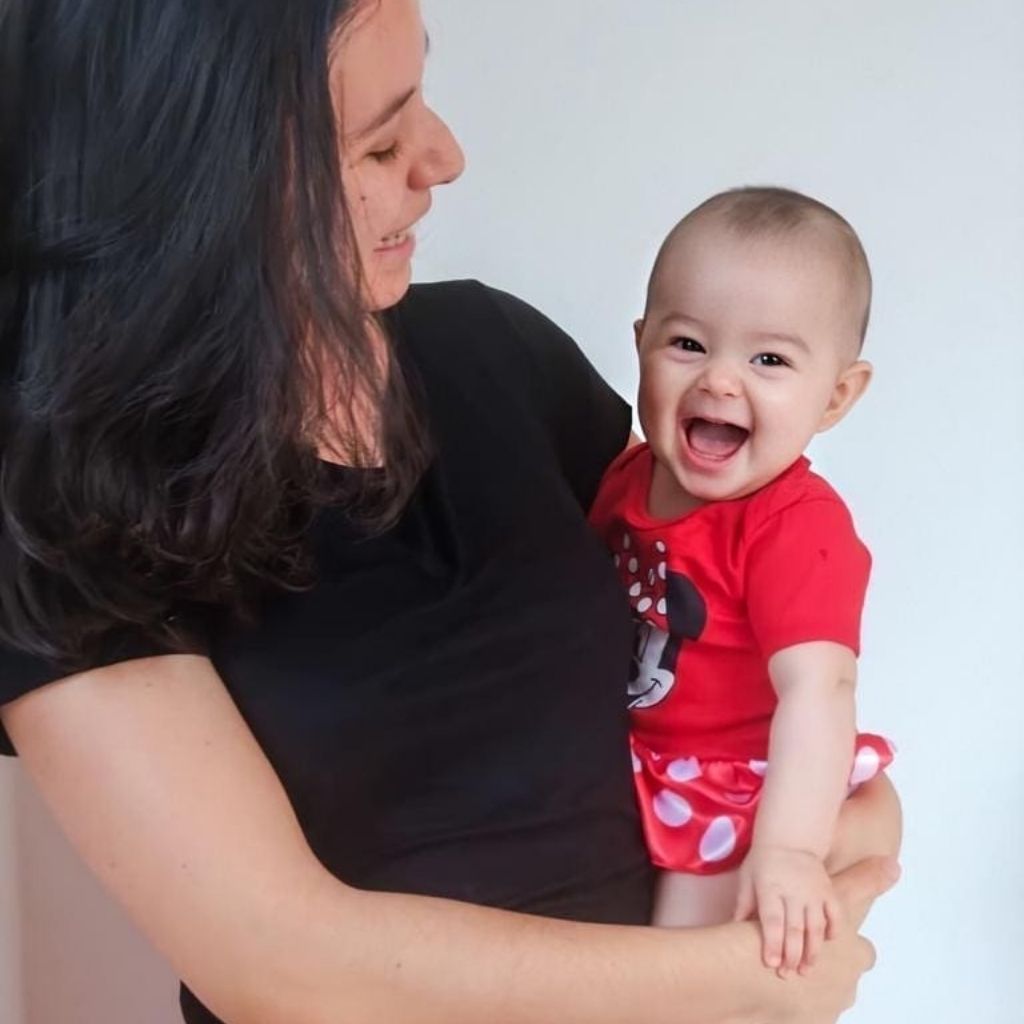One of the risk factors or predisposing factors for the development of postpartum depression (PPD) is the idealization of motherhood. Motherhood is always presented through a lens of happiness, contentment, joy, and peace. True, it’s a beautiful phase and full of blessings, but it’s also full of difficulties, deprivations, and can bring much physical and emotional pain. The less aware and prepared the future mother is, the greater the chances of frustration and psychic illness. Certain groups of mothers are especially vulnerable to developing postpartum depression.
Women who have a great pregnancy
There are women who have a calm pregnancy and, therefore, create expectations of an equally happy postpartum. But the puerperium, breastfeeding, sleep deprivation, labor pains, and other conflicts, can shock this mother and make her emotionally ill.
Women who undergo fertilization treatments
Physical, emotional, or circumstantial factors can prevent a pregnancy, and often the couple opts for clinical procedures to achieve their dream of having a child. The harder it is to get pregnant, the greater the expectations regarding pregnancy, postpartum, and even the child. And again, all complications can generate frustration and sadness, eventually leading postpartum depression.
Women who become pregnant at an advanced age
Many women plan to have children only after having achieved several personal and professional dreams. Being a mother ends up being a final achievement, the icing on the cake of a well-defined and happy life. However, the difficulties and deprivations that accompany motherhood can cause sadness and disappointment, leading this woman to regret and postpartum depression.
In addition to these groups, factors such as the puerperium, the eternal sense of responsibility, the lack of freedom—especially in the early years—the new challenges and difficulties required by motherhood, and the need to adapt to continue living, can lead many women to frustration and sadness so great that they end up falling ill and developing postpartum depression. Therefore, adequate emotional preparation is important in the prenatal period. Social support in the postpartum period is also vital so that the mother can overcome the difficulties in the lightest possible manner so that sadness and pain don’t weigh heavier than the joys and happiness that accompany motherhood.
I’ll include my own experience as an example: I knew that my life would change when my daughter was born, but as I was always active and I like to study, I thought I would soon be able to resume my activities. The reality was quite different. I spent entire days with my daughter in my arms, caring for her, nursing, and when she finally slept, I was exhausted and just wanted to rest. I went through several days feeling frustrated and sad, feeling useless, and as if I had done nothing all day. There were moments when I just cried and wanted to disappear. Then I understood that if I didn’t change my way perspective, I would become emotionally ill.
I started reading Ellen White’s writings on motherhood and texts on child development on my cell phone. I created a ‘mantra’ in my mind:

“The time spent with my daughter is never wasted. Spending the day with her in my arms is not wasting time. Care never hurts. I am building the foundations of the psychic life of a human being.”
I started talking to other mothers, and I felt that I was not alone. Many others shared my initial feeling. This nurtured my heart and helped me to properly prioritize my days. Today, I don’t demand myself to produce, perform tasks, or be in a hurry to live my dreams. I am aware that my life will never be the same, but my priority is my daughter who will soon grow, and I will have time for the less important things. I live one day at a time, enjoying every minute with her and trusting that God will provide all things.
Read the other articles in our The Baby’s Here! Now What? series!
Intro to Breastfeeding for the Expectant Mother







